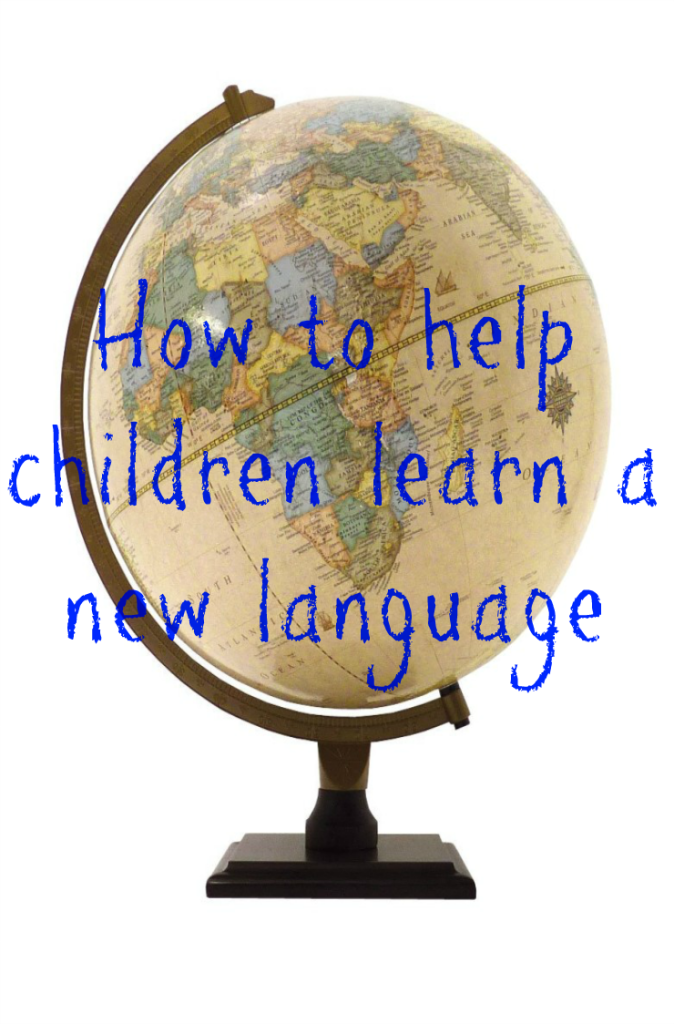
Whether you are or you aren’t able to speak more than one language yourself, you must appreciate the fact that being bilingual (or multilingual) can be extremely beneficial in both professional as well as personal life. The ability to communicate with others in their native language is a skill many people are trying to accomplish and master for years, some more successfully than others. Truthfully, learning a new language can be an extremely challenging task and people often get frustrated with the lack of their progress, giving up completely. In fact, a recent study shows that the number of students taking language and language related subjects in UK schools and Universities is falling drastically, year by year. In contrast, most international businesses today simply cannot exists without the help of a professional translation agency, only emphasising the importance of languages.
The fact is; the older we get – the more difficult it is for us to learn a new language. Of course, anyone despite their age can learn French, Italian or Polish, but with time this will definitely get more and more challenging. The reason for this is quite simple really – As adults, our brains have already developed certain patterns, and therefore we have a much better understanding of how languages work. Moreover, adults have a better conceptual understanding of languages, consequently we restrict ourselves by applying more and more language rules.
Children on the other hand do not fully understand how languages ‘work’. They are excellent at imitating new sounds and adopting pronunciations. Their brains are still ‘language fresh’ and so no patterns which may limit language learning were yet developed. Children’s brain is open to new sounds and patterns in pre-adolescence, consequently the older a person is when learning a language, the more difficult it would be for them to, for example, speak without an accent.
Giving the above arguments, it’s truly a great idea to start encourage your child to speak another language as soon as possible, so that it isn’t ‘learnt’ per se, but more of ‘naturally acquired’.
How do children learn a new language?
According to Education.com, we can recognise two main ways in which children learn a second language; simultaneously or sequentially.
Simultaneous learning usually involves children under the age of 3, who are exposed to the first language at home and second language during lessons at the same time. Simultaneous learners also include children who are exposed to two languages at home e.g. Mother speaks Spanish and father Speaks French. Children who are simultaneously exposed to more than one language show ‘greater neural activity and denser tissue in the areas of the brain related to memory, attention, and language than monolingual learners.
Children who are sequential learners are familiar with one language but are later on introduced to a second language. A great example of a sequential learner could be a child from a non-English speaking family who entered predominantly English speaking classroom.
A big ‘No, No’
When teaching your child a new language, one of the biggest mistakes you can possibly make is to discourage them by pointing out all of their mistakes. Making mistakes is a natural part of the process and so your child will correct themselves when the time comes.
Most important: environment
Making sure your child learns a new language in an environment which they feel comfortable with, whether its school, group classes etc. is essential. Children are always discovering new things, yet learning a language and feeling confident with its use is an amazing accomplishment at any age. If your child feels happy with their progress, this could motivate them for a deeper passion for learning in general.
As you can see, the benefits of teaching your child a second language are almost limitless. Someone once said that to have another language is to have another soul.
Being able to communicate in more than one language will not only be an advantage in their personal life, but could also greatly benefit them in their future professional life as well career opportunities. In our rapidly globalising world, translation agencies become an important part of the business chain between both customers and organisations as well as between organisations themselves. Making sure that your child learns to speak another language in their early years will certainly open many doors in the future.

collaborative post

Great article. My own kids are learning french since they were 4, I agree with the future benefits!
I’m planning on my son learning at least one other language i had heard previously that children pick up language easier. I remember from my high school days of learning french and how hard it was and that was at 11. It’s alot easier now with apps aswell as cd’s, tv programmes like Dora the explorer aimed at kids.
You are right.
There are a lot benefits for future if we are able to speak out more than one or two languages.